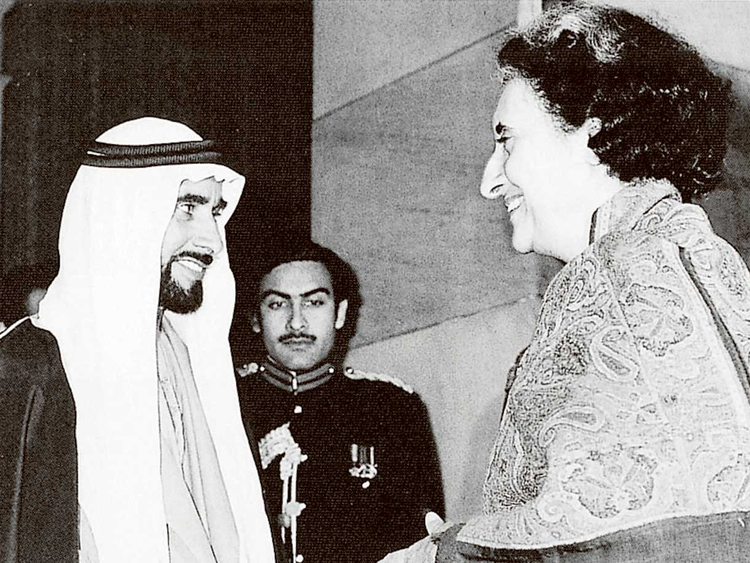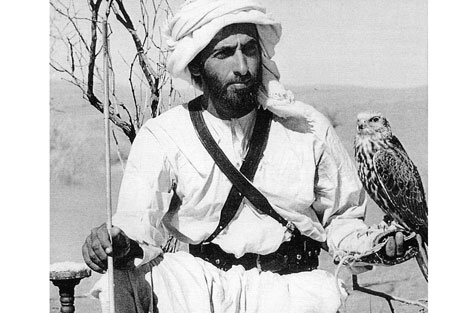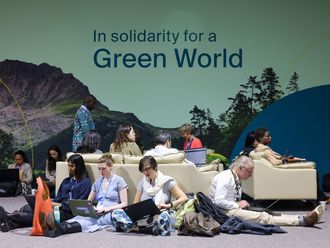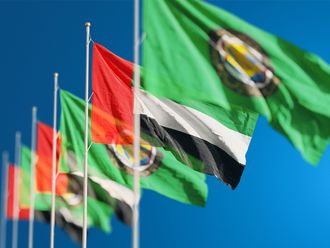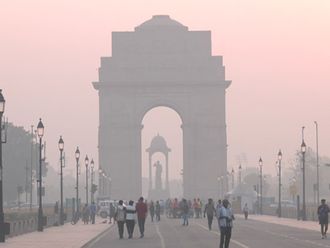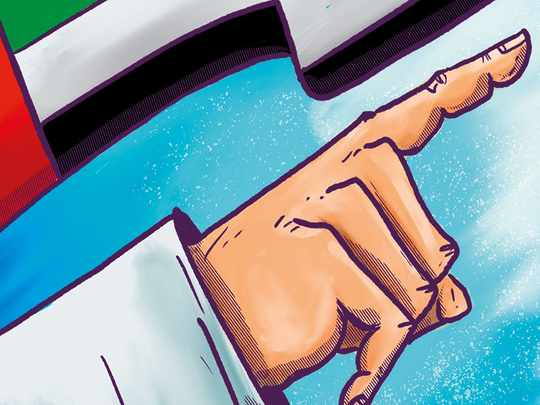
Leadership and decision-making are very relevant, as one’s approach to decision-making is likely to be influenced by his or her personal leadership philosophy.
In the UAE, strong leadership style and effective decision-making have always been the driving force behind its rapid development.
The founding father, late Shaikh Zayed Bin Sultan Al Nahyan, is recognised as a transformational leader who brought modern thinking and government practice to the nation.
Davidson (2005) presents Shaikh Zayed as a charismatic and transformational leader who was able to lead the UAE in challenging times.
He attributes this to effective leadership, sound decision-making and the personal qualities of an efficient ruler like charisma, respect, ability to act along with public approval, patrimonial networks, cultural, religious and ideological resources, and the preservation of identity.
Qualities
There are several leadership styles with different aspects and characteristics. According to Holten & Brenner (2015), the most common leadership styles are:
Laissez-faire, which refers to the absence of leadership responsibilities as leaders have full confidence in the subordinates’ abilities to come up with appropriate decisions;
Participative, where the leader depends on inputs and participation from subordinates in decision-making, but the final decision is the leader’s responsibility;
Transactional, which allows the leader to influence his followers’ behaviours through a logical set of exchange propositions; and
Transformational, which includes idealised influence, inspirational motivation, intellectual stimulation, and individualised consideration.
Utilising each of these leadership styles depends on the environment, culture and context. A skilful leader knows exactly which style to be used in any given situation.
Inspiration for people
A recent academic study investigated the leadership style of Shaikh Zayed, focusing on significant fields that were critical to the establishment of the UAE, including economic progress, infrastructure, education, social support, health care, agriculture and the military.
The study found that Shaikh Zayed utilised different leadership styles, and that his decisions were made based on the specific nature of the field under consideration.
According to the study, his leadership style was mostly transformational, but was transactional and less participative in critical fields such as the military.
In fields such as education and social support, Shaikh Zayed was very participative in his leadership.
In certain technical areas, Shaikh Zayed followed laissez-faire leadership style. He was not fully involved in the operations because the subordinates were capable of coming up with the appropriate decisions.
In the agriculture field, however, he was truly transformational and was confident that success in agriculture could be achieved.
This inspired many people to own and operate their own farms.
Building a nation requires an adaptive leadership approach. Shaikh Zayed realised the importance of modifying his decision-making style depending on the period and the field.
This flexibility in decision-making styles allowed him to be a more effective leader as perceived by his people.
Shaikh Zayed has built a modern country while maintaining the traditional role played by the father towards his family and people; thereby embodying the image of the modern statesman, who was at the same time distinguished by the qualities and values of a tribal leader.
Shaikh Zayed was a role model as a leader who was not only loved by his people, but highly appreciated all over the world.
While we remember his unique characteristics and traits in the Year of Zayed, which commemorates his 100th birthday, the legacy of this great leader will live forever.
Ali Nasser Sultan Al Yabhouni Al Dhaheri adapted this from his PhD thesis, ‘Applicability of Classical Decision-Making Styles among Leaders in Modern Societies’, submitted to the Universiti Teknologi Malaysia, Kuala Lumpur.


